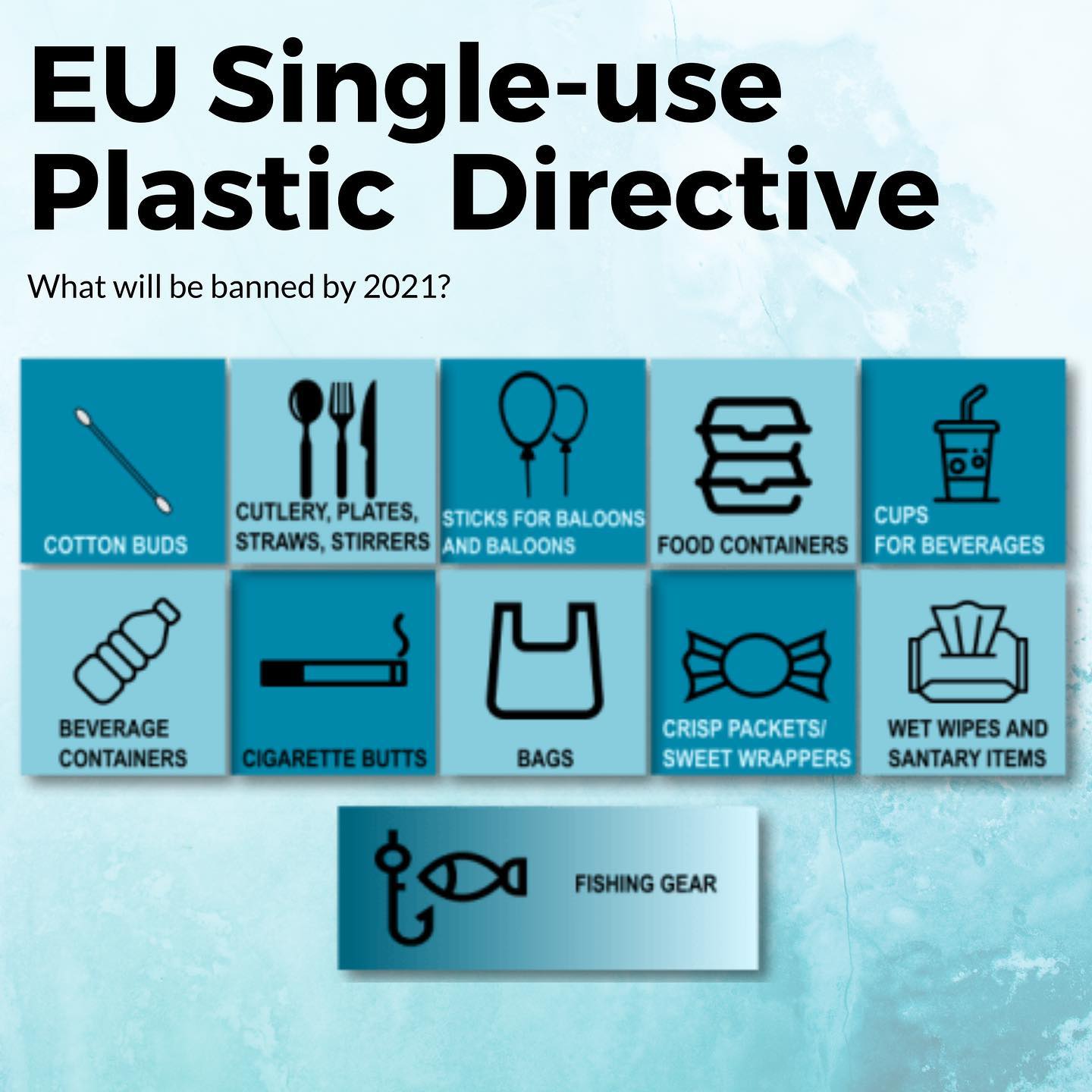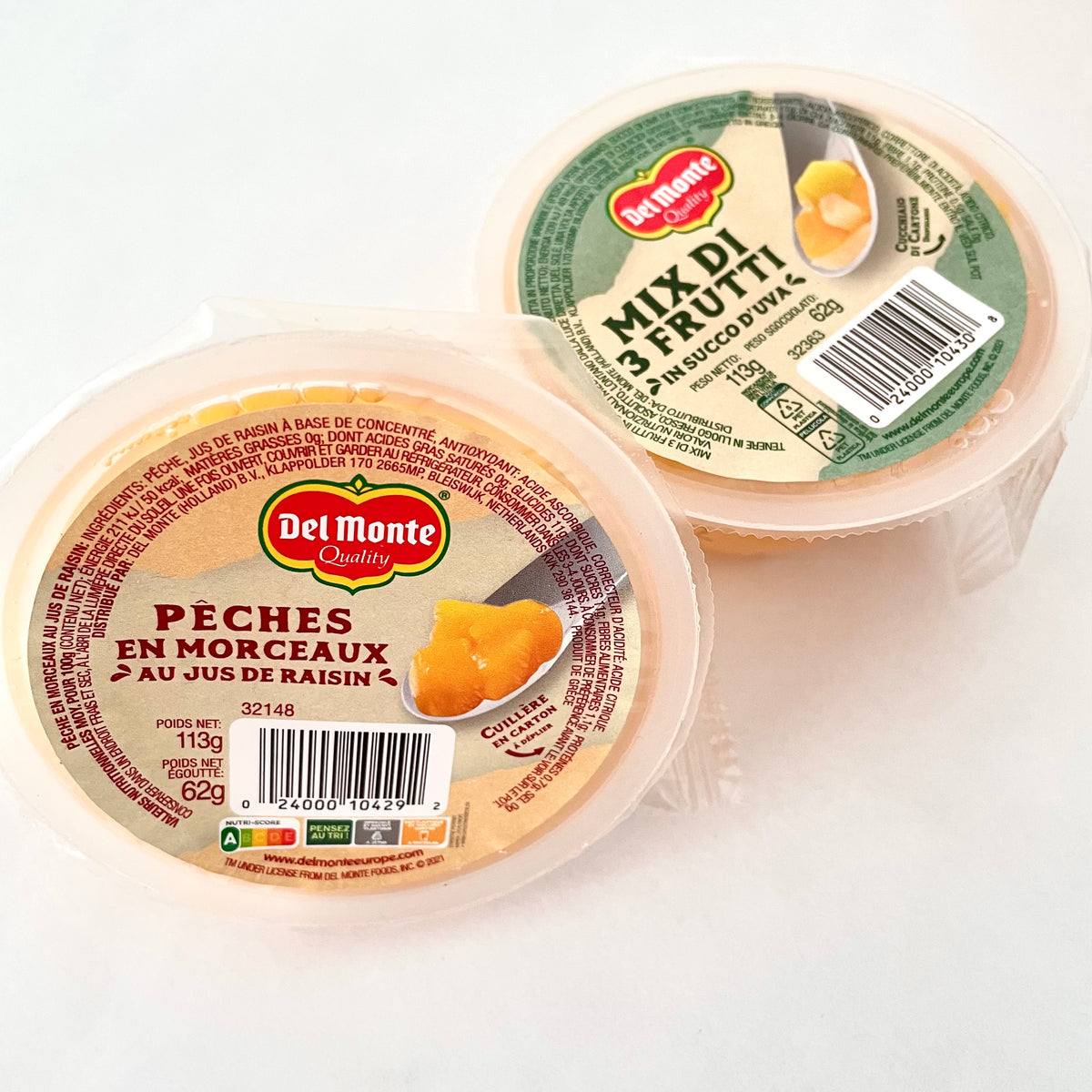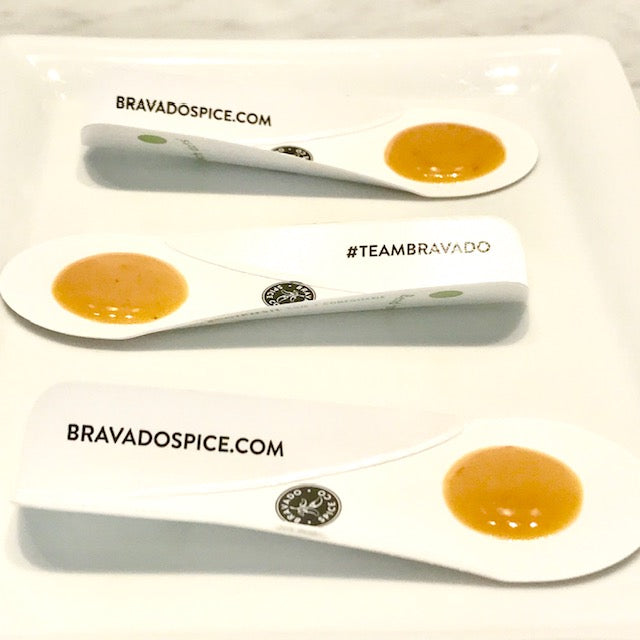Unpacking the New Single-Use Plastic Directive for the EU: What are the implications for packaging, retailers, and companies involved in foodservice?

What are the implications for packaging, retailers, and companies involved in foodservice and what will be banned?
The Single-Use Plastics Directive (SUPD) takes effect July 3, 2021. It aims to reduce the long-term impact of certain plastic products on the environment, particularly single-use plastics found in abundance in the marine environment. This includes the most common plastic beach litter.
Definition of “single-use” plastic products: products made wholly or partly of plastic, used one time, or for a short period, before being thrown away.
video from from 4Ocean on Vimeo
Which single-use plastic products are specifically being banned?
The following single-use disposable plastic items are being banned:
- Straws
- Drink stirrers
- Plastic cutlery, including chopsticks, forks, knives, and spoons
- Plates
- Cotton swab/bud sticks
- Balloon holder sticks
- Cups, food, and beverage containers made of expanded polystyrene
- All products made of oxo-degradable plastic.
Additional food service products such as beverage bottles, food containers, packets, wrappers, cups/lids for beverages will need to include Awareness raising information, consumption reduction, ERP, and or other requirements according to the SUP Directive. Refer to the Annex of the SUPD for more detail.
What is a key goal of the SUPD?
The SUPD aims to address the key issue of plastics in the marine environment by addressing how these single-use items are produced, utilized, and disposed of. It includes implementation of Extended Producer Responsibility (EPR), required awareness labeling (see the Marking Implementation Regulation), and restrictions on placing in the market for some of the non-banned products single-use plastic products. Refer to the Annex of the SUPD for more detail.
What is the deadline and will the ban be delayed due to the current COVID pandemic?
The directive was approved in May 2019 and goes into effect on July 3, 2021. Despite calls to delay the SUPD due to the COVID pandemic, the EU commission has announced that they will stick to the July 3, 2021 deadline. The information on this site is based on the most current DRAFT.
Which countries fall under the single-use plastics directive?
The single-use plastics directive applies to all EU member countries. Non-EU member countries may have new legislation regarding the reduction of single-use plastic waste. This document focuses solely on the EU SUPD.
Note, the UK and Northern Ireland are mirroring much of the EU SUPD and are crafting similar single-use plastic legislation. A new plastic packaging tax is also currently being considered by the UK government.
What materials are considered single-use plastic in the directive?
The SUP Directive defines “plastic” as a material containing a polymer as defined in point 5 of Article 3 of Regulation (EC) No 1907/2006, which can function as a main structural component of the final product, except for natural polymers that have not been chemically modified. The directive will ban:
- Bio-plastics made from plants or other organic matter.
- Single-use expanded polystyrene, such as for food boxes, trays, and, cups.
- Oxo-degradable plastics that disintegrate into tiny fragments.
- See section 2.1.2 for more detail.
Are bioplastic cutlery or plates permitted as a substitute?
No, bio-plastics, such as cutlery made from corn or vegetable sugarcane, or other plant matter are included as part of the current SUPD ban.
Are paper cutlery or paper plates permitted according to the directive?

Read more about the SUPD guidelines and what will be banned.
- Download the SUPD for the EU (Dec 2020 version).
- Request samples of verified SUPD-compliant EcoTensil cutlery made from plastic-free paperboard.




